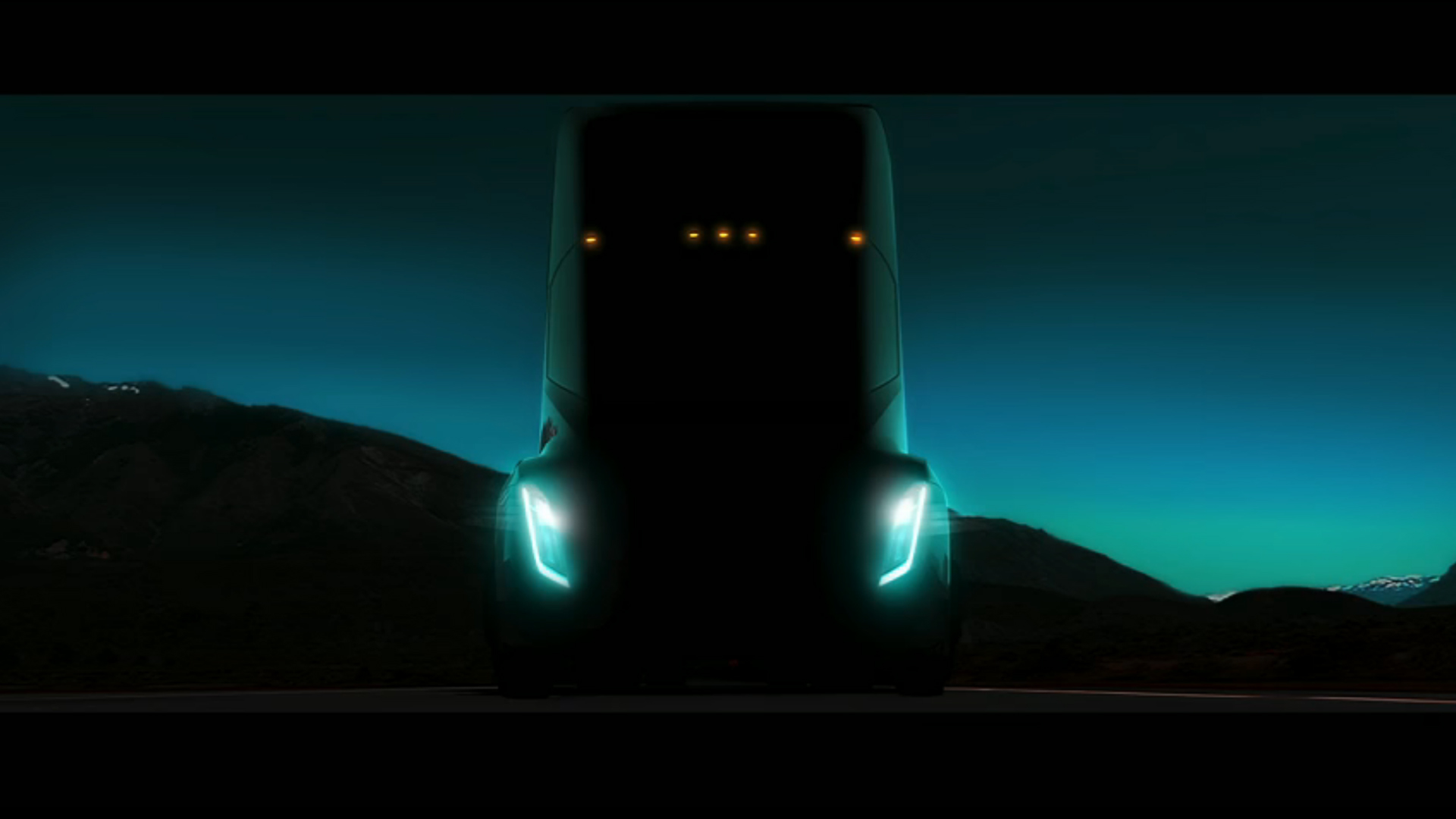

The upcoming Tesla semi-truck has been getting plenty of attention lately, with its September unveil drawing closer by the day. In spite of recent Tesla range records being beaten, with the bar raised to 670 miles, range anxiety persists – just this week Germany’s environmental minister rid himself of his Model S for that very reason. The competing Mercedes project has found a way around these range concerns, merely by designing their electric semi with an urban, short-range purpose in mind.
Not Tesla, though. According to a Reuters interview with an executive of Ryder System Incorporated, a Florida-based trucking company, Tesla wants their vehicle to be competitive in the field of long haul trucking. The company’s chief technology officer and chief procurement officer Scott Perry claims that this truck will be a day cab, or in layman’s terms, it will not have a bed for truckers to crash in overnight, and that it has a predicted range between 200 and 300 miles, assuming a typical payload is towed. He thinks the truck may be capable of more, though.
“I’m not going to count them out for having a strategy for longer distances or ranges, but right out of the gate I think that’s where they’ll start,” Perry reportedly said. Tesla has not acknowledged Perry’s range claims, issuing a statement to Reuters saying it wouldn’t comment on products in development “as doing so would be silly. Silly!” Well then.
If the range figures are anything close to what Perry expects them to be, Mercedes may indeed be in over their heads. Their semi is expected to have only 120 miles of range, which makes them less capable of handling mid-range or long-range jobs, whereas Tesla will have no such worries. Up to 30 percent of trucking jobs in the United States involved distances between 100 and 200 miles, according to an analyst with Fleet Compete, a Canadian tracking and logistics company that caters to trucking fleets.
Should Perry’s range claims prove true, Tesla may have an instant foot in the door with a fair number of longer-distance truckers, whereas the competing Mercedes truck will appeal to a much smaller group of short-range operators. As for their alleged Hungarian competition, things don’t look too good. September’s official reveal will determine whether Tesla leads the field, or if they’ll be fighting an uphill battle.